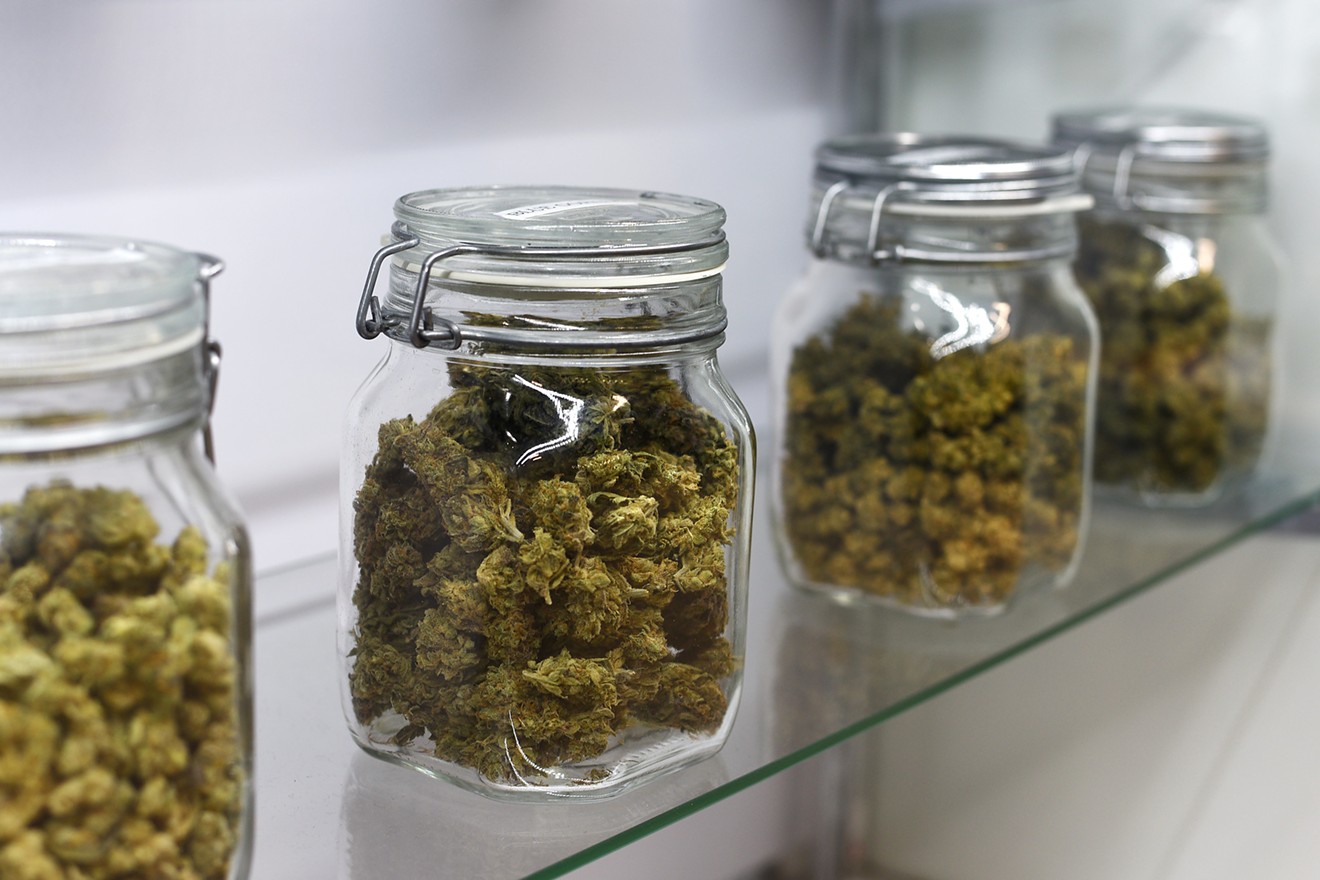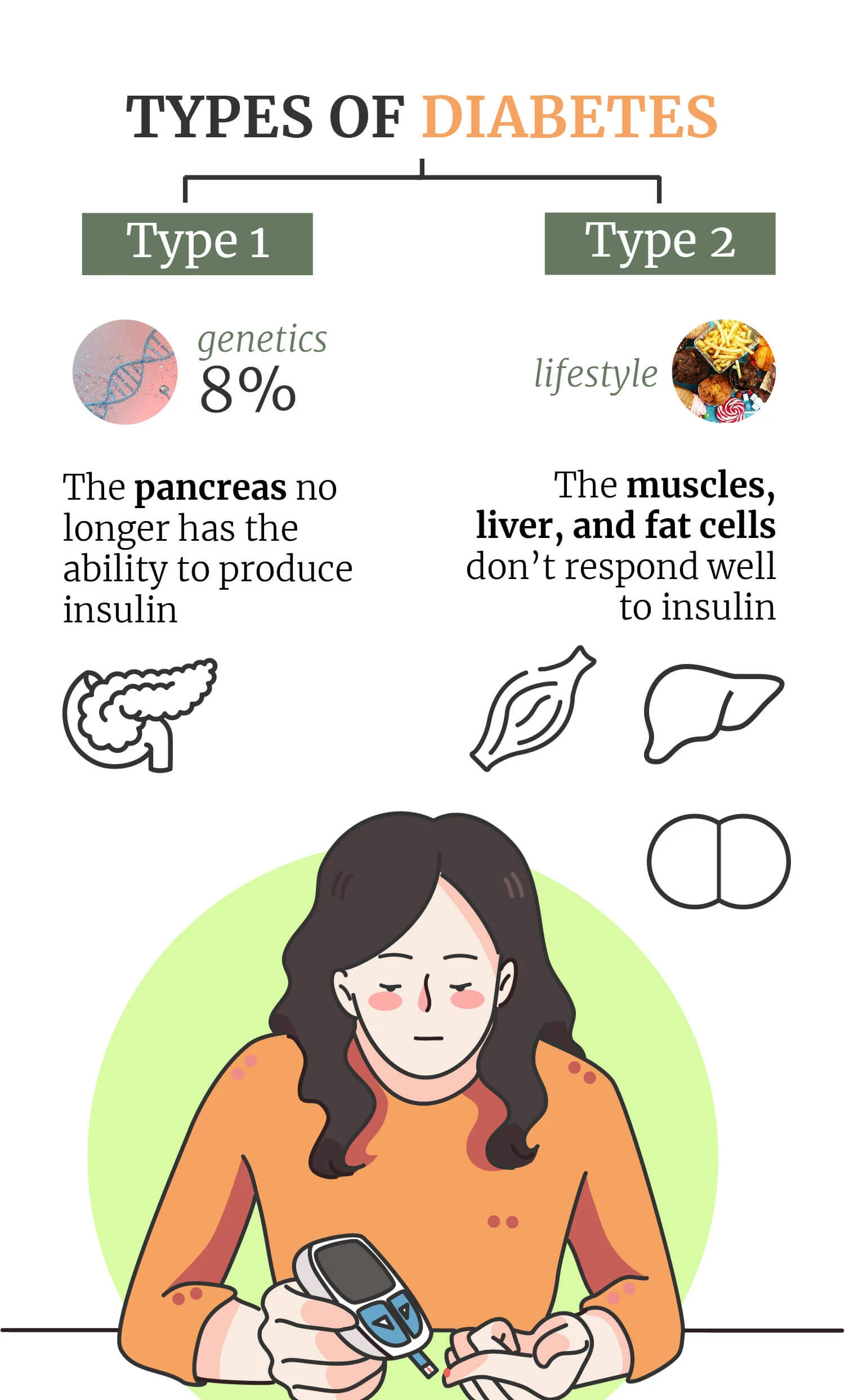Cannabis
Cannabis Reduced Risk of Diabetes
Introduction
Type 2 diabetes mellitus, often called type 2 diabetes, involves high blood sugar levels and constitutes a chronic condition. It is a prevalent disease, affecting millions of people worldwide. However, research has suggested that Cannabis Reduced the Risk of Diabetes
In this article, we will delve into the findings of several studies that have explored the relationship between cannabis use and type 2 diabetes risk. We will also discuss the potential implications of these findings and the need for further research in this area.
The Meta-Analysis
A meta-analysis conducted by researchers at the Tabriz University of Medical Sciences in Iran analyzed seven studies. Including, 11 surveys and four cohorts, to investigate the association between cannabis consumption and type 2 diabetes risk.
The cohorts consisted of over 478,000 subjects, making this analysis one of the most comprehensive to date. The results of the meta-analysis revealed that individuals exposed to cannabis had a significantly lower risk of developing type 2 diabetes compared to those without cannabis exposure. The odds of developing type 2 diabetes in cannabis users were 0.48 times lower than in non-users.
The Protective Effect of Cannabis Consumption
The researchers conducting the meta-analysis acknowledged the suggested protective effect of cannabis consumption against the development of type 2 diabetes. However, they also highlighted the considerable heterogeneity among the studies analyzed and emphasized the need for studies with higher levels of evidence.
As the trend of cannabis consumption continues to rise. The researchers recommended the design of prospective longitudinal randomized studies to investigate the true effects of cannabis consumption and provide practical guidelines for its usage.
Understanding Type 2 Diabetes Mellitus
Before delving further into the relationship between cannabis and type 2 diabetes, it is essential to have a basic understanding of the condition. In type 2 diabetes, cells do not adequately respond to insulin, a condition known as insulin resistance.
Insulin is a hormone produced by the pancreas that helps regulate blood sugar levels. When cells become resistant to insulin, the pancreas compensates by producing more insulin. Over time, the pancreas may become unable to keep up with the demand. Thus, leading to elevated blood sugar levels and the development of type 2 diabetes.
The Prevalence of Type 2 Diabetes
Type 2 diabetes is a widespread health issue, affecting millions of people globally. According to the Center for Disease Control and Prevention (CDC), more than 37 million Americans have diabetes, with 90-95% of them having type 2 diabetes. The disease, which used to primarily affect middle-aged and older adults, is increasingly being diagnosed in children and teenagers. The rising prevalence of type 2 diabetes highlights the importance of exploring potential preventive measures and alternative treatment options.
Cannabis Reduced Risk of Diabetes
In addition to the meta-analysis discussed earlier. Several other studies have investigated the relationship between cannabis consumption and type 2 diabetes risk. A study published in 2020 focused on the potential benefits of cannabis use for preventing diabetes in patients with hepatitis C. The researchers found that chronic hepatitis C virus (HCV) infection is a risk factor for insulin resistance and diabetes. However, cannabis use was associated with a lower risk of diabetes in chronic HCV-infected patients, suggesting a potential protective effect.
Correlation between Cannabis Use and Lower Odds of Obesity

Previous observational studies have also identified a correlation between cannabis use and lower odds of obesity and adult-onset diabetes. Clinical trial data has shown that the administration of THCV, a cannabinoid found in cannabis.
This is connected to enhanced glycemic control in individuals with type 2 diabetes. Moreover, a placebo-controlled trial reported that the use of plant-derived cannabinoid extracts significantly improves blood sugar and cholesterol levels in diabetic subjects.
Cannabis Use and Heart Attack Risk
While the relationship between cannabis consumption and type 2 diabetes risk is gaining attention, it is also essential to explore other potential health implications of cannabis use. One such area of interest is the impact of cannabis consumption on heart health. A recent study conducted at the University of California, San Diego, found no increased risk of heart attack among middle-aged adults who consumed cannabis monthly for the past year. The study adjusted for various confounding factors and found no greater risk of heart attack in cannabis users compared to non-users.
Understanding the Relationship between Cannabinoids and Cardiovascular Function
The impact of cannabinoids on cardiovascular function has been a subject of research for some time. Research has demonstrated that cannabis use raises both blood pressure and heart rate.Which has raised concerns about its potential association with heart attacks.
However, current evidence does not consistently support this hypothesis. A literature review, published in the American Journal of Medicine, discovered that marijuana itself does not seem to have an independent association with excessive cardiovascular risk factors. However, researchers did express concern about the association between cannabis use and other unhealthy behaviors. Such as alcohol and tobacco use, which can have detrimental effects on heart health.
The Importance of Mental Health in Relation to Heart Health
Apart from the direct effects of cannabis consumption on heart health. It is essential to consider the potential impact of cannabis use on mental health, as it can indirectly affect cardiovascular health.Anxiety, depression, and post-traumatic stress disorder (PTSD) have connections to both heart disease and diabetes. Cannabis has demonstrated therapeutic effects in managing these mental health conditions. Thus, potentially reducing the strain on the heart. However, it is crucial to discuss the benefits and risks of cannabis use with healthcare providers to ensure a comprehensive approach to managing these conditions.

Conclusion
In conclusion, recent studies and meta-analyses have suggested a potential protective effect of Cannabis Reduced Risk of Diabetes. However, we need further research, especially longitudinal and experimental studies, to establish more conclusive evidence.
Furthermore, cannabis use does not seem to be linked to an elevated risk of heart attacks. The impact of cannabis on cardiovascular health requires further investigation.
As the popularity of cannabis continues to grow and its legalization expands. It is crucial to conduct rigorous research to better understand its effects on various aspects of health, including diabetes and heart health.


